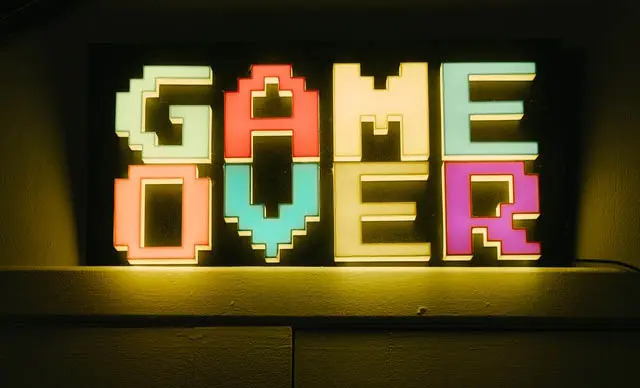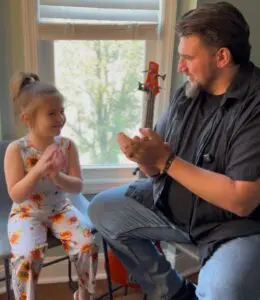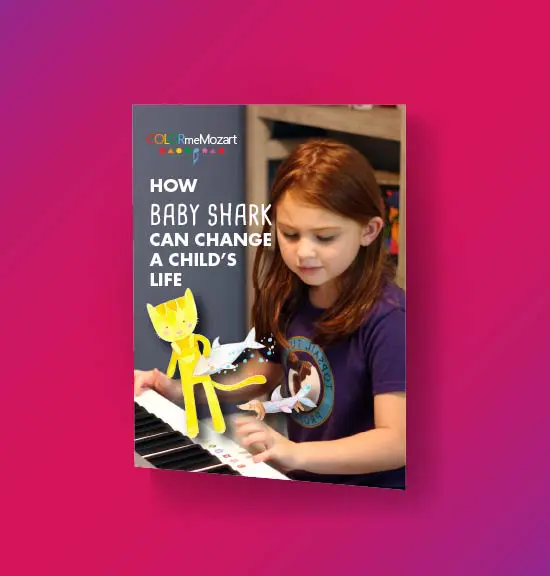
3 Dangers of Not Learning Music
Why do we even learn music? That is a question that deserves some reflection. We may advocate for music solely on an emotionally beneficial level. Music is a shared language the the entire world speaks and is at the core of our humanity. Clearly a powerful argument.
Others may say, it is socially beneficial with our community and peers. Still others may argue that additionally it provides an academic and devlopemental benefit like no other activity. This article will focus on the latter and seek to explain 3 possible dangers of not learning music.
What’s So Important About Music Anyway?
Talking about the practical benefits of music is always tricky. It’s tricky because we all have such a powerful emotional connection to music that we sometimes feel that it’s silly to reduce it to a ‘benefit’ for other aspects of life. I personally feel that instead of taking away from the magic and power of music, this argument actually fights in favor of just how awesome music truly is. The fact that it can impact not only our emotional and social lives, but also have a life-lasting effect on our development as a whole to me, is truly miraculous and worth talking about.
How Music Impacts Our Development
Studies have shown that when children learn how to play music, it helps them develop “neurological distinction.” This is often attributed to benefits in academic subjects. If we just take that information at face value, we would be inclined to signer kids up to music lessons tomorrow! However, it is not merely enough to expose children to music education.
#1 Academic Benefits
Studies show that a child needs to be actively engaged with their instrument or music education in order to gain all the possible benefits. Time reports, ““Even in a group of highly motivated students, small variations in music engagement — attendance and class participation — predicted the strength of neural processing after music training,” said Nina Kraus, director of Northwestern’s Auditory Neuroscience Laboratory.”
This is why it is critical to not only expose our children to listening to music but to actively be a part of it. To read and write music and ultimately, to create it! We spend all of our childhood being encouraged to read books, write stories and use our imagination. We need to see a similar trend when it comes to learning music. Make it an integral part of who we are as children. Think of what adding this creative language could do to the lives of all children.
#2 Increase in Graduation Rate
It will come as no surprise that where there are academic benefits, naturally, that leads to higher graduation rates. Many programs in big cities focus on providing music education to many students that may not have the means to afford private lessons.
According to The Harmony Project’s website, since 2008, 93 percent of Harmony Project seniors have gone on to college, despite a dropout rate of 50 percent or more in their neighborhoods. This is an astonishing figure. Truly, this is something that could transform hundreds thousands of communities across the world. Implementing music education is no longer as complex as previously thought .
#3 Less Time In Less Productive Activities
It is no surprise that all of us struggle to focus our attention on things that matter. With so much fighting for our attention these days, it is no wonder that so much productivity is lost to mindless web surfing, Netflix and gaming.
Certainly there is nothing wrong with any of these activities in and of themselves, however the temptation to spend too much time on them has become an issue. Additionally, it has become a fight many parents have had to take on. How much time should kids spend on devices? Should a child have their own phone? If so, at what age? It is certainly confusing.
One way of dealing with this influx of stimulus and distraction is to increase the amount of productive and educational activities. Instead a simple “no” to other activities, say “yes” to better ones.
Conclusion
Music, as a whole is something that has deeply affected all of our lives. Whether we’ve learned to ready, write or play it, just listening to it has played a major role in our educational experience. Adding the additional element of learning the language of music can only add to that experience and make it richer, fuller and more rewarding. Not mention lots of neat bonuses too!
Happy playing!




